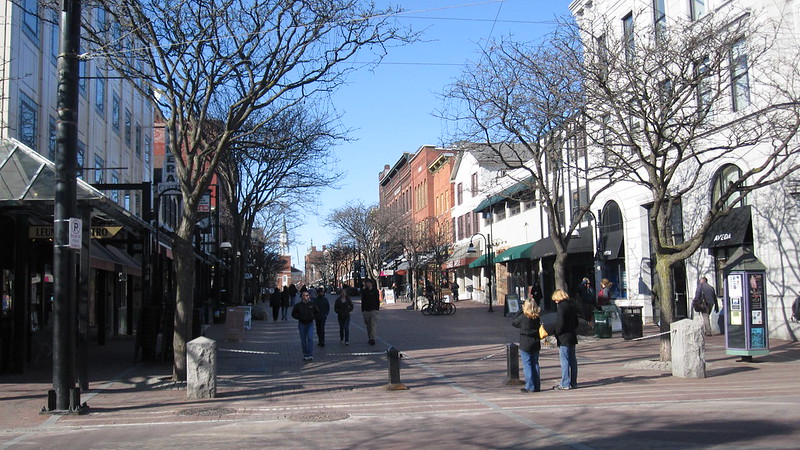
Richard Donnelly, director of energy innovation at Vermont Gas Systems, said that the company has been trying to develop a business model for geothermal in the past two years. The company is currently focusing on new construction projects as testing ground for geothermal heating because such a setting allows for easier installation. A multifamily housing construction project is being considered for the first networked system.
A yet-unnumbered bill pending before the House Committee of Environment and Energy directs the state Public Utility Commission to allow for the permitting of thermal energy networks. This will effectively authorize any entity to operate geothermal networks as regulated utilities and recover costs through customer payments.
The legislation applies not only to utility companies but also to homeowners’ associations, electric cooperatives, or a municipality, according to community organizer Debbie New who also contributed to drafting and promoting the legislation.
Meanwhile, Senate Bill 5 or the Affordable Heat Act would require importers of fossil fuels for heating to compensate for the consequent pollution by delivering or paying for cleaner heating options. Geothermal has been identified as one of the technologies that can generate the clean heat credits. The bill has been identified as a major priority for this session.
About 34% of the carbon dioxide emissions in Vermont come from heating and cooling buildings. Geothermal can play an essential role in helping the state reduce these emissions and meet climate goals.